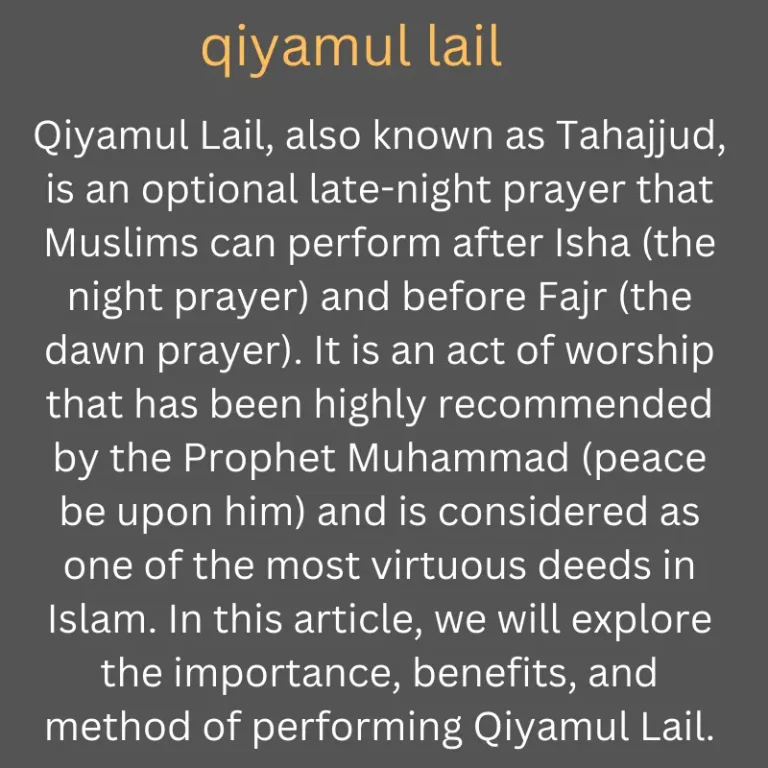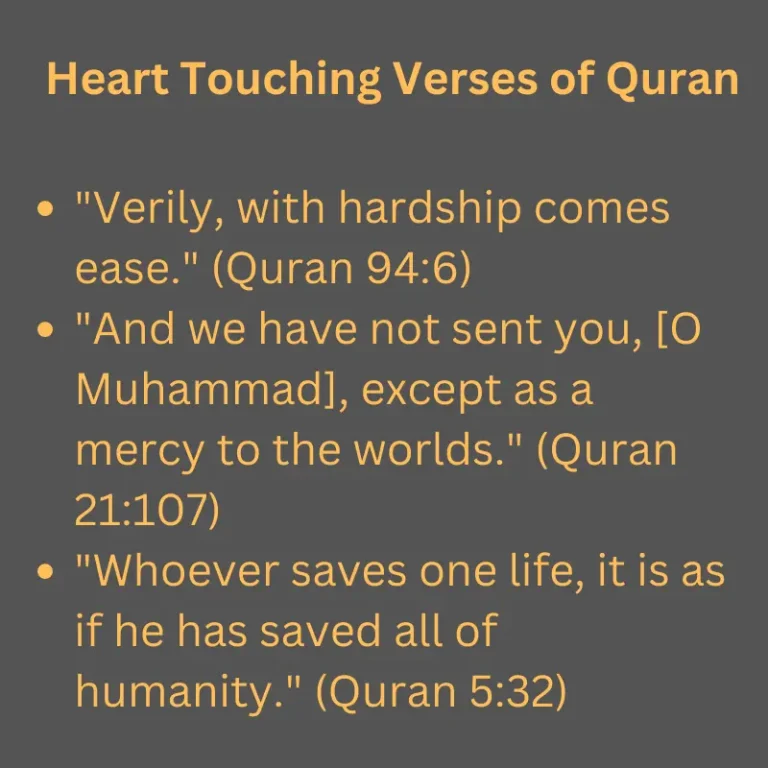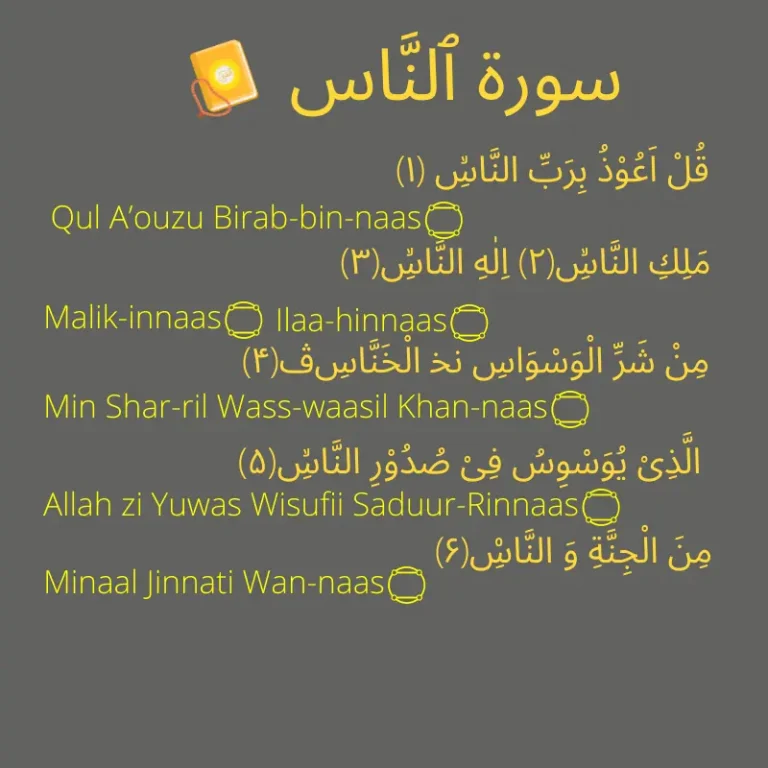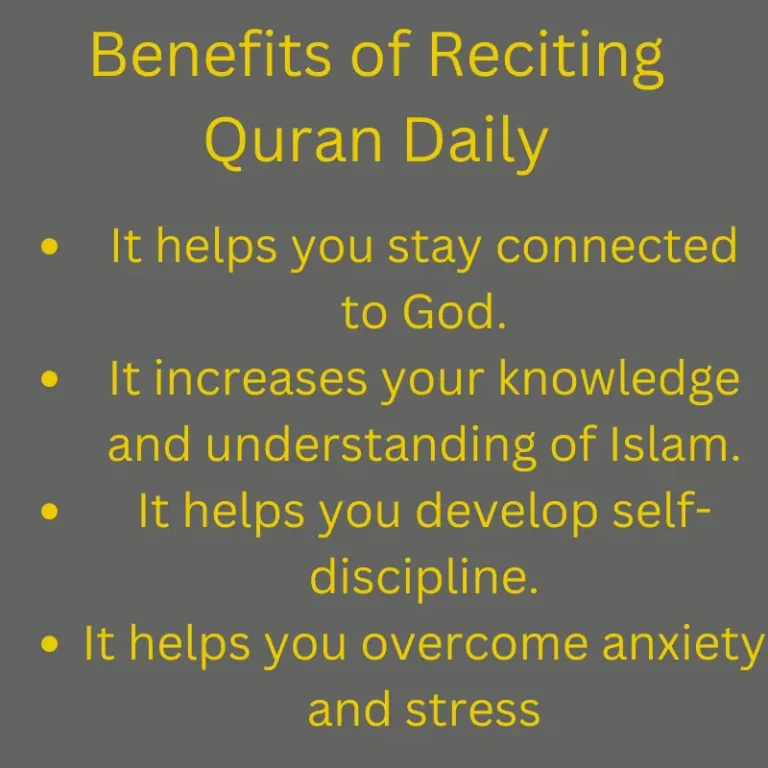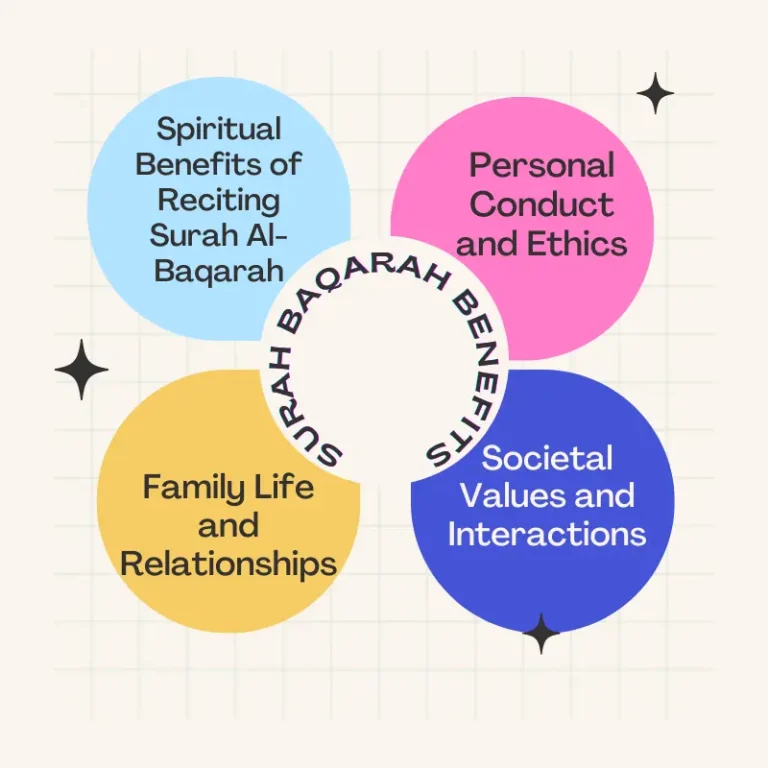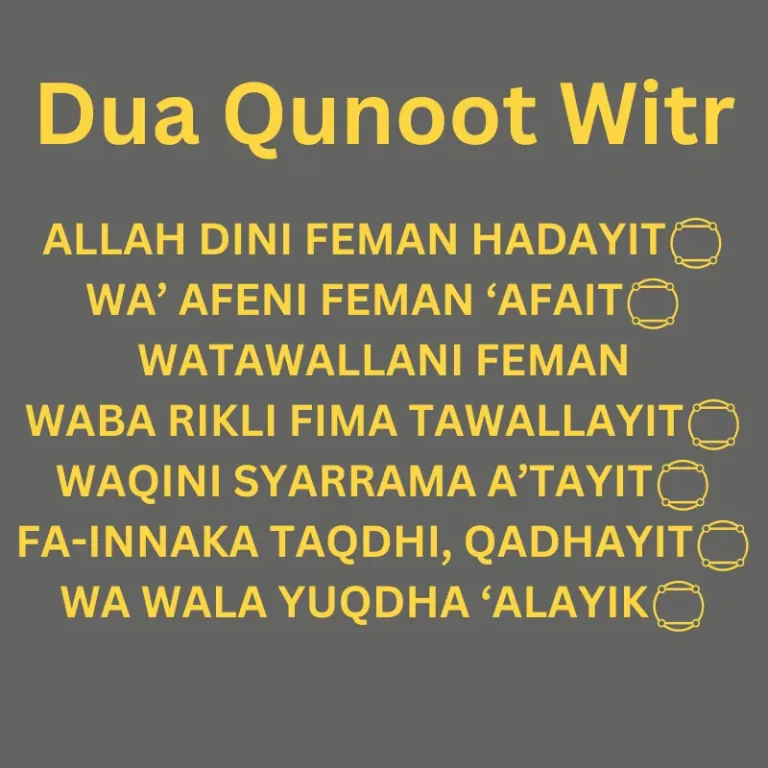Sadaqah Verses In Quran
Sadaqah, a term rooted in compassion and charity, holds profound importance within the Islamic faith. The Quran, the holy book of Islam, features verses that expound upon the virtues and significance of giving Sadaqah. This article delves into these sacred verses, unraveling the spiritual essence they carry and their role in fostering compassion, community, and divine connection.
Sadaqah Verses In Quran
Here are a few verses from the Quran that mention the concept of Sadaqah (charity) in English:
- Surah Al-Baqarah, Verse 261: “The example of those who spend their wealth in the way of Allah is like a seed [of grain] which grows seven spikes; in each spike is a hundred grains. And Allah multiplies [His reward] for whom He wills. And Allah is all-Encompassing and Knowing.”
- Surah Al-Baqarah, Verse 272: “You are not responsible for their guidance, but Allah guides whom He wills. And whatever good you spend is for yourselves, and you do not spend except seeking the countenance of Allah. And whatever you spend of good, it will be fully repaid to you, and you will not be wronged.”
- Surah Al-Imran, Verse 92: “Never will you attain the good [reward] until you spend [in the way of Allah] from that which you love. And whatever you spend – indeed, Allah is Knowing of it.”
- Surah Al-Tawbah, Verse 103: “Take, [O, Muhammad], from their wealth a charity by which you purify them and cause them increase, and invoke [ Allah ‘s blessings] upon them. Indeed, your invocations are reassurance for them. And Allah is Hearing and Knowing.”
- Surah Al-Hadid, Verse 7: “Believe in Allah and His Messenger and spend out of that in which He has made you successors. For those who have believed among you and spent, there will be a great reward.”
- Surah Al-Munafiqun, Verse 10: “And spend [in the way of Allah] from what We have provided you before death approaches one of you, and he says, ‘My Lord, if only You would delay me for a brief term so I would give charity and be among the righteous.'”
The Essence of Sadaqah in Islam
Sadaqah, often referred to as voluntary charity, goes beyond mere monetary contributions. It embodies the spirit of selflessness, compassion, and empathy for those in need. The Quran, the cornerstone of Islamic teachings, extensively discusses the significance of Sadaqah and its profound impact on individuals and society.
Sadaqah as a Reflection of Faith
At its core, Sadaqah is a tangible expression of faith. The Quran emphasizes that true believers not only adhere to rituals but also prioritize acts of kindness and charity. Surah Al-Baqarah, Verse 177, underscores the importance of combining faith with righteous actions, including helping those less fortunate.
Sadaqah and Social Responsibility
The Quranic teachings emphasize the communal aspect of Sadaqah. Surah Al-Hashr, Verse 9, sheds light on the responsibility of supporting those who have emigrated for the sake of their faith, highlighting the role of the community in fostering a sense of belonging and security.
The Magnitude of Small Acts: Quranic Insights
In Surah Al-Baqarah, Verse 261, the Quran employs the metaphor of a grain seed to illustrate the concept of Sadaqah. Just as a single seed yields numerous grains, even the smallest acts of charity can lead to immeasurable rewards in the eyes of Allah.
The Bountiful Rewards of Sadaqah
The Quran assures believers that their charitable deeds will not go unnoticed. Surah Al-Baqarah, Verse 271, encourages concealing acts of charity to preserve sincerity, as Allah knows the true intention behind each act, promising to reward them generously.
Concealed Sadaqah: A Deeper Meaning
The Quran teaches that hidden acts of Sadaqah hold special significance. Surah Al-Tawbah, Verse 60, outlines the categories deserving of Zakah (obligatory charity) and highlights the importance of discretion in charitable giving.
Sadaqah’s Impact on Society: Lessons from the Quran
The Quranic narratives emphasize that Sadaqah is not just an individual duty; it also has the power to transform society. Surah Al-Hashr, Verse 9, exemplifies the bonds created within the Muslim community through acts of charity, fostering solidarity and support.
Sadaqah vs. Materialism: Quranic Teachings
In a world often driven by materialism, the Quran’s teachings on Sadaqah remind believers of the impermanence of worldly possessions. Surah Al-Tawbah, Verse 34, calls attention to the fleeting nature of wealth and the everlasting rewards of giving for the sake of Allah.
The Balanced Approach: Sadaqah and Personal Finances
The Quran encourages a balanced approach to Sadaqah. While giving generously, believers should also prioritize their financial responsibilities. Surah Al-Baqarah, Verse 267, underscores the significance of giving without extravagance or negligence.
Sadaqah in Times of Hardship: Lessons from the Quran
The Quran acknowledges that challenges are a part of life. Surah Al-Baqarah, Verse 267, reminds believers that even during times of hardship, giving Sadaqah is an act of trust in Allah’s provision and a means of purification.
Sadaqah Jariyah: Perpetual Charity and Quranic References
One of the unique concepts in Islam is Sadaqah Jariyah, or perpetual charity. Surah Al-Mujadila, Verse 11, highlights the rewards of contributing to projects that have an ongoing positive impact, showcasing the longevity of the benefits of Sadaqah.
Sadaqah and Acts of Kindness: Quranic Narratives
The Quran narrates stories of individuals who practiced extraordinary acts of kindness. The story of the generous man of Jannah, mentioned in Surah Al-Baqarah, serves as a reminder of the far-reaching effects of sincere and consistent Sadaqah.
The Power of Intention: Giving Sadaqah Wholeheartedly
Sadaqah is not solely about the act itself; it’s also about the intention behind it. The Quran underscores the significance of giving with a pure heart. Surah Al-Tawbah, Verse 99, draws attention to the sincerity and intention that magnify the value of charitable deeds.
Sadaqah and Gratitude: Quranic Reminders
Sadaqah is intrinsically linked to gratitude. The Quranic verse in Surah Ibrahim, Verse 7, highlights that when individuals are grateful for Allah’s blessings and give Sadaqah from a place of thankfulness, they invite even more blessings into their lives.
Embracing the Spiritual Essence of Sadaqah
In the rich tapestry of Islamic teachings, the verses about Sadaqah stand as a testament to the faith’s emphasis on compassion, community, and humility. As believers reflect upon these Quranic insights, they’re guided toward a life illuminated by selfless giving, fostering a deeper connection with Allah and fellow human beings.


